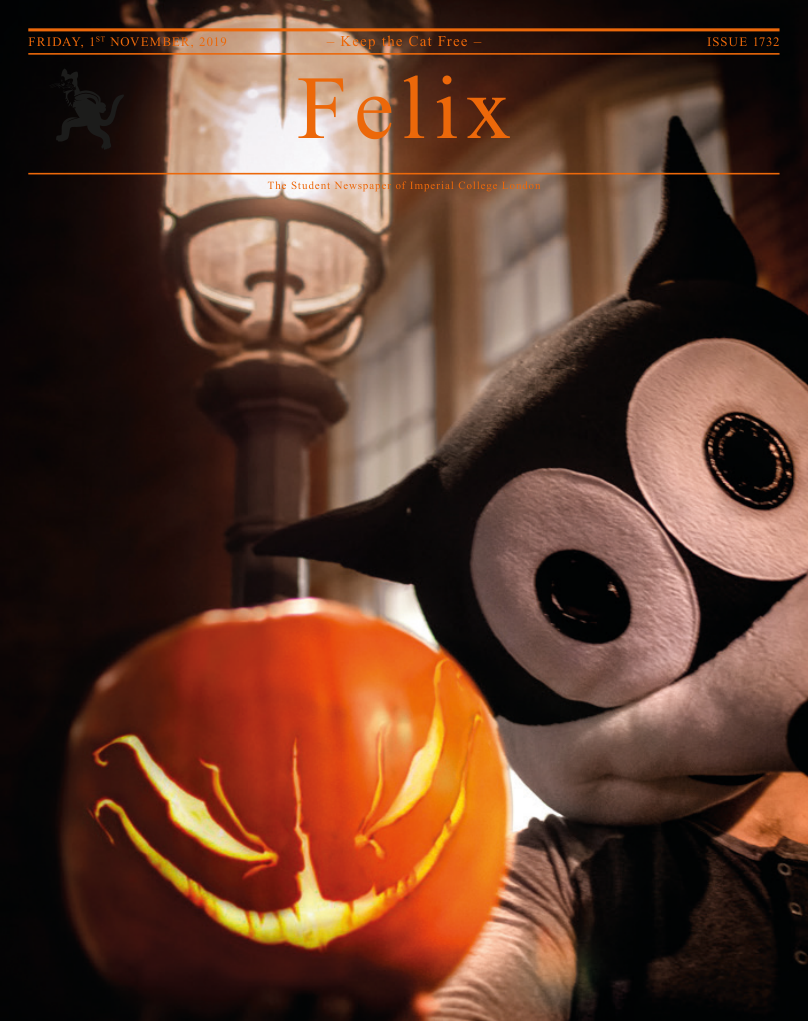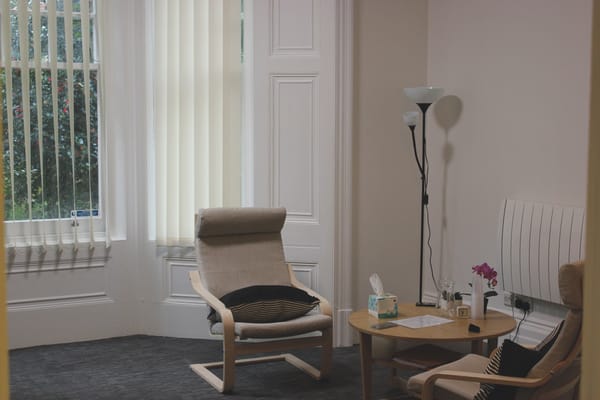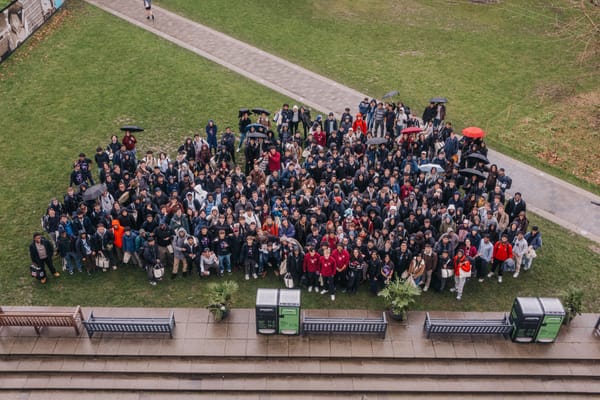Imperial College NHS Trust Staff Strike

The strikes, organised by the United Voices of the World (UVW) trade union, took place on Monday 28th, Tuesday 29th, and Thursday 31st October, with an estimated 200 staff joining at some point over the three days. There are plans for further strike action over the coming weeks, for a total of fifteen days throughout November and December – critical periods for the hospital’s operation.
The actions were coordinated with strikes from workers at other London institutions, such as the Ministry of Justice, London’s Royal Parks, the headquarters of ITV and Channel 4, and the Universities of Greenwich and East London as well as St. George’s University. This culminated on Thursday with a joint march between each location, ending at St. Mary’s.
Imperial students have been seen attending and supporting the strikes during the week, in a sign of solidarity.
In 2017, UVW-organised action saw LSE rescind its former contract with Noonan, another outsourcing firm, and bring their outsourced cleaners in-house. This kickstarted a miniature wave of similar commitments from other universities, particularly in London – but it doesn’t compare to the overwhelming general trend towards outsourcing, with an almost 70% rise in university spending on outsourced workers between 2010 and 2017.
Imperial College itself is still contracted with Noonan, though a College spokesperson stated that they are paid a living wage. This is in direct contrast with the workers at St. Mary’s under the Imperial College NHS Trust, which is a separate entity to the College but has close links via academic research – and via provision of both teaching and clinical experience for medics.
The complaints levied at the Trust by the striking workers are multiple, but a key one is pay. Currently, many are paid minimum wage by Sodexo – just £8.21 an hour – which is significantly lower than they would be paid if they were in-house with the NHS in the same roles. Indeed, the lowest point on the NHS pay scale is £9.03 an hour. UVW says that this creates a “two-tier system” between in-house and outsourced workers.
Practical considerations of surviving in London on low wages aside, several said that they felt disrespected and undervalued: “it just feels like we’re considered ‘below’ the pay scale – we aren’t even worth being paid the minimum they would pay anyone.”
There are further issues with sick pay. The Sodexo-employed staff are only given Statutory sick pay – in other words, only after being absent for three unpaid days, and then only up to £94.25 per week. Combined with the low wage, this has forced workers to continue despite illness – and despite the fact that they’re working in a hospital, in which many patients are susceptible to infection.
Additionally, many workers claim they have not been properly vaccinated – which is one of their key demands. Speaking to those at the strike, this latter point was raised often – there was a genuine feeling of dedication to their work, and chagrin at the idea of having to endanger the patients they work for in order to survive themselves.
One striking cleaner said, “I work 55 hours a week just to cover my rent. St. Mary’s is my home, I spend more time here than in my house. Yet I am treated like a dog and made to feel like dirt.”
There is a fundamental problem with morale. Working in a hospital is always a tough job, especially in oft-overlooked roles such as cleaning or catering. A sense of internal community is important for surviving the trials and tribulations. However, the outsourced staff are not included in that – they are isolated and alienated from in-house workers, both in terms of pay, but also in other more direct ways.
They are, for example, barred from using the same canteens and staffrooms. They also claim that they are only provided a mixed-gender, mice-infested changing room in the basement, and are often only given one or two uniforms by Sodexo – meaning they are forced to come to work in unwashed clothes.
Sodexo, the firm to which the Trust has outsourced these positions, is a multinational corporation with a billion-euro profit each year; the lack of provisions is not due to inability. It often amounts to little more than mistreatment of migrant workers – two staff who spoke to Felix claim they were told to “go home”, as in to their own countries, when bringing concerns to Sodexo.
The minutes of the Trust’s latest Trust Board meeting on the 25th of September – which was after the strike was announced – do not mention the action being taken, or Sodexo staff in a related context, implying it was not discussed. In a press release after the strike had begun, they revealed that they have firmly committed to ensuring their staff receive the London Living Wage, and will be renegotiating a new outsourcing contract to begin in April next year.
Additionally, the Trust itself also published a letter addressed to the CEO of Sodexo on Thursday 31st, which sought to ensure issues would be resolved, and stated:
“All of the staff who work in our hospitals, including all Sodexo employees, are part of one team and should be treated as such, but you have the primary responsibility as their employer to ensure their welfare and to respond to their concerns.”
Petros, one of the key organisers of the St. Mary’s strike, takes a different stance, and said that the Trust needs to accept responsibility along with Sodexo. The outsourcing contract signed between the two would, he claims, have specified parameters for factors like wages and sick pay based on how many employees were needed and the value of the contract. He further said that the Trust likely decided to hire outsourced (and mostly migrant) workers instead of bringing them in-house as a money-saving bid.
This is despite the fact that a report produced by St. George’s University in November 2016, after a previous UVW in-housing bid, showed that outsourcing does not actually save money total in the end. In fact, bringing ‘soft facilities management’ workers in-house at St. George’s would have saved up to £200,000 a year. Despite this, they still outsource – and have staff who participated in the strikes this week.
The St. Mary’s strikes are scheduled to continue on the 11th to 13th and 25th to 28th of November, followed by the 9th to 13th of December.








